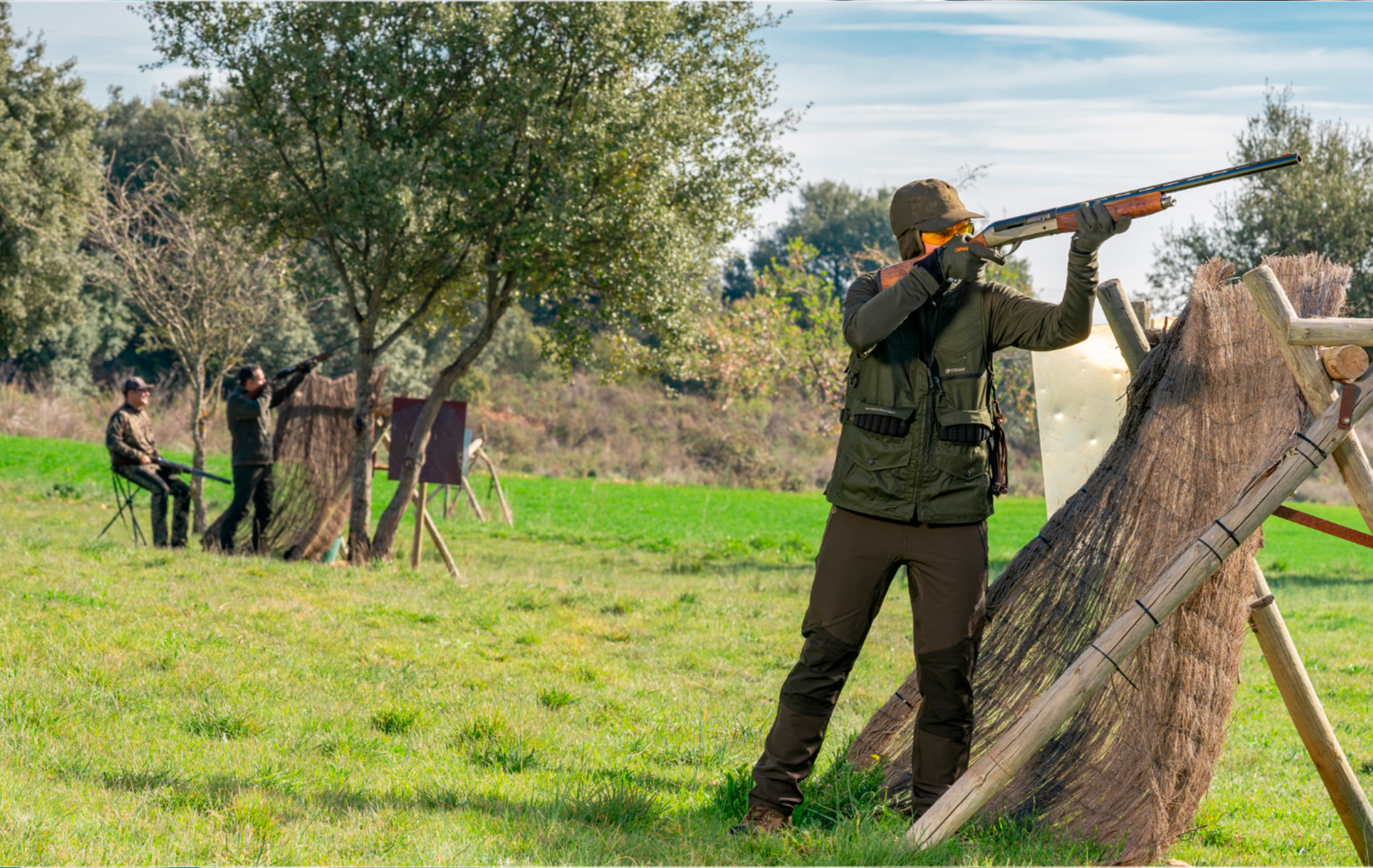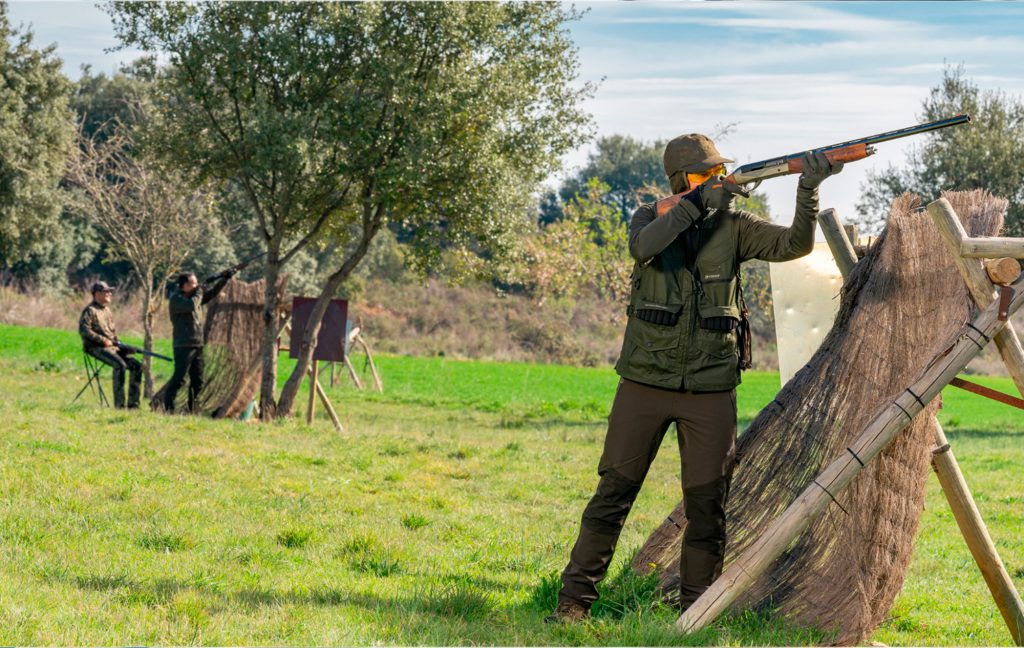
Sustainable hunting: a key pillar in environmental conservation and rural development
Hunting is an age-old activity that has played a fundamental role in rural areas and environmental conservation.
Over the years it has been the subject of debate and controversy, but it is undeniable that its responsible practice contributes significantly to the preservation of ecosystems and to sustainable development.

A TOOL FOR ENVIRONMENTAL MANAGEMENT AND CONSERVATION
It plays a crucial role in wildlife management and ecosystem conservation. Through the regulation of game populations, overpopulation and its negative consequences, such as competition for resources and habitat degradation, are avoided. In addition, selective hunting contributes to improving the health and genetic diversity of populations, which favours their adaptability and long-term survival.
ITS IMPACT ON THE RURAL ENVIRONMENT
In rural areas it plays a fundamental role in the economic livelihood of local communities. It generates employment in sectors such as hunting tourism, hospitality and crafts related to this activity. It also promotes population fixation in rural areas, preventing depopulation and contributing to the socio-economic development of these areas. According to data from the National Association of the Hunting Sector (ANSE), it generates around 6.5 billion euros per year in Spain, contributing significantly to the rural economy and job creation in remote areas.
FOREST CONSERVATION
Forests play a fundamental role in the health of the environment, acting as carbon sinks and providing habitats for a great diversity of species. Responsible hunting contributes to forest conservation by regulating herbivore populations and preventing damage from overgrazing or overpopulation. By preventing forest deterioration, it helps to maintain the biodiversity of ecosystems.
BALANCE OF FAUNA
The balance of animal populations is essential for the proper functioning of ecosystems. It is an activity that restores this balance when populations of certain species get out of control. By regulating hunting populations, imbalances that could have a negative impact on other species and the ecosystem as a whole are avoided. Selective and sustainable hunting makes it possible to maintain biological diversity and ensure the survival of the most vulnerable species.
In short, hunting plays a crucial role in rural areas and the conservation of the environment. Its responsible and regulated practice contributes to wildlife management, the preservation of ecosystems and sustainable development. Through hunting, the population of game species is controlled, avoiding overpopulation and its negative consequences for the natural balance. This is achieved through the implementation of management plans and specific regulations that guarantee a sustainable and responsible hunting activity.
- Big Game (4)
- Chiruca (4)
- Fairs (2)
- Hunting and technology (1)
- Hunting dogs (6)
- News (11)
- Relevant information (38)
- Small Game (1)